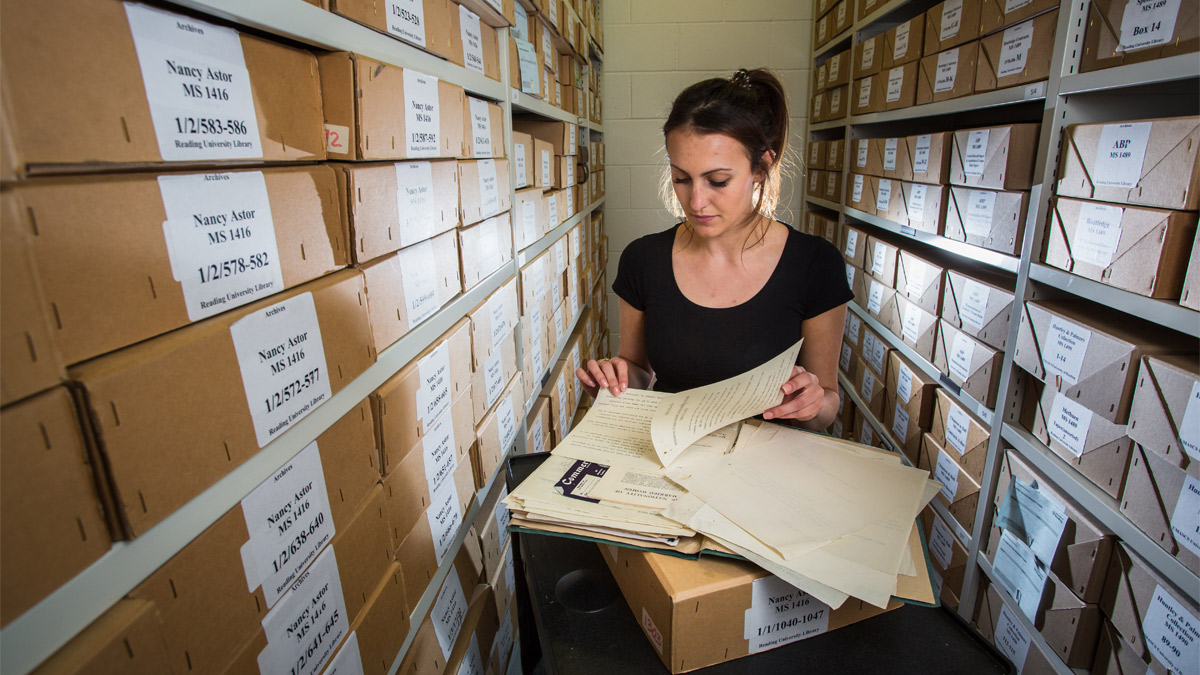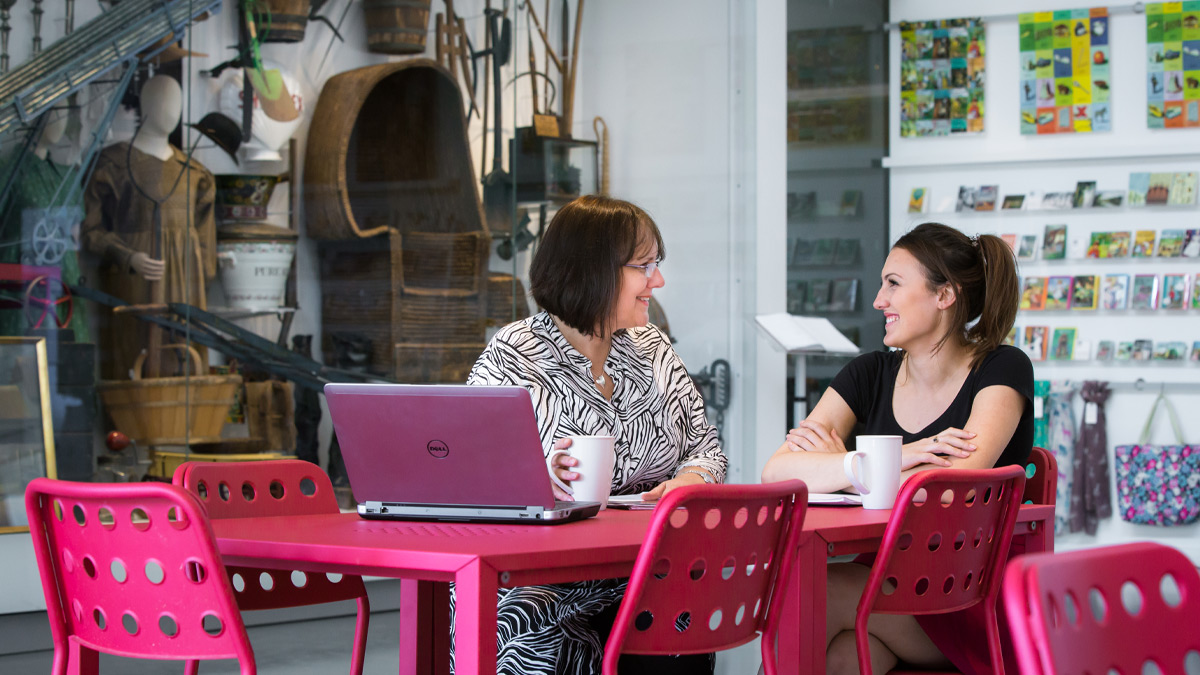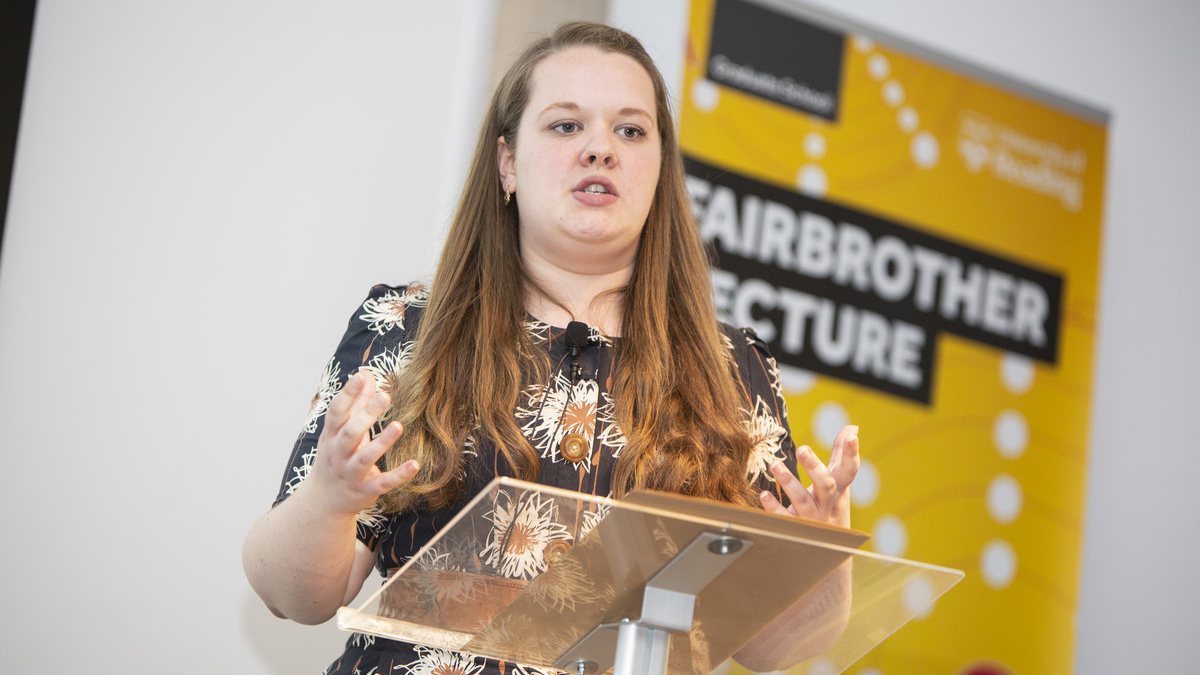As a PhD researcher, you will become a producer of academic knowledge and part of our lively research community of students and staff.
A PhD in history offers you the chance to explore your chosen area in depth, contributing to the innovative and original scholarship for which our Department is renowned.
Our students often go on to work in academia as postdoctoral researchers or lecturers but also enter professions including teaching, archives and publishing.



